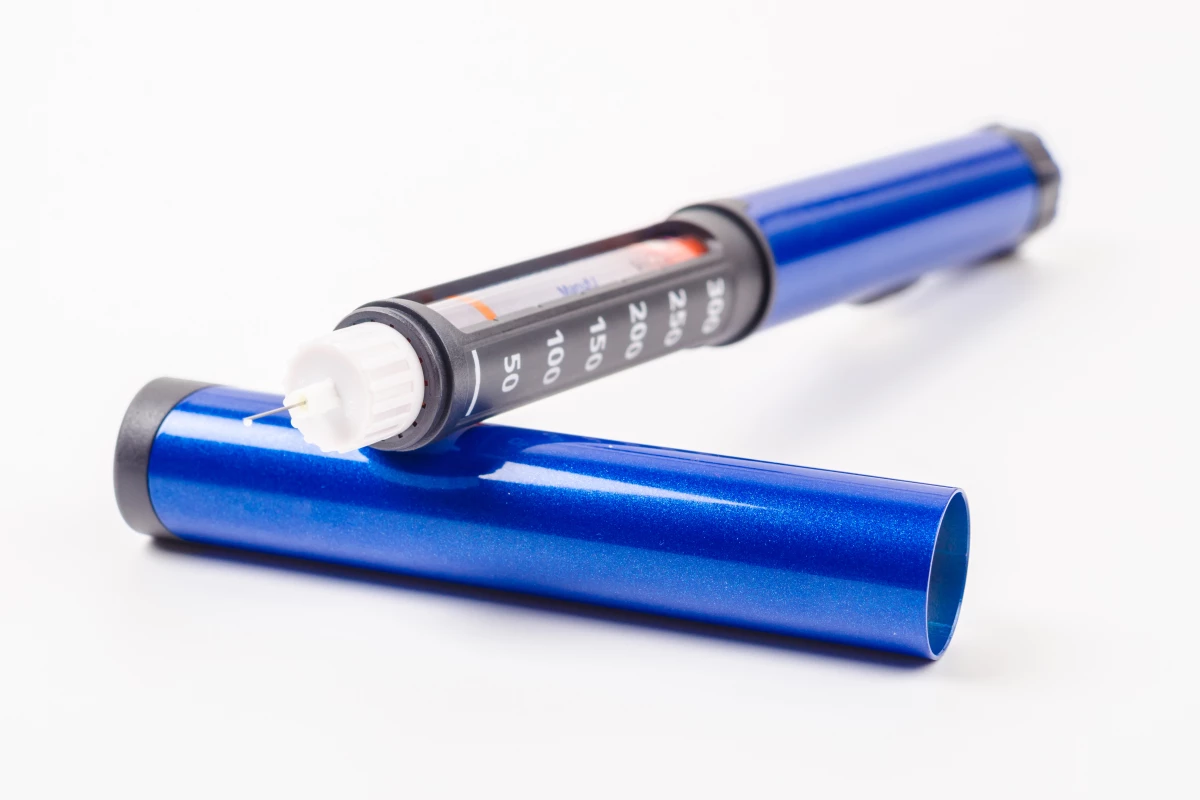The U.S. Food and Drug Administration (FDA) has approved a new kind of treatment for type 2 diabetes. The once-weekly injection, called Mounjaro (tirzepatide), was found to be more effective at controlling blood sugar levels than other current treatments, and a recent trial found the drug may also be useful as an anti-obesity therapy.
“Given the challenges many patients experience in achieving their target blood sugar goals, today’s approval of Mounjaro is an important advance in the treatment of type 2 diabetes,” said Patrick Archdeacon, from the FDA’s Center for Drug Evaluation and Research.
Mounjaro falls in a new class of drug treatments for diabetes developed to mimic a hormone called glucagon-like peptide-1 (GLP-1), which is naturally released by the intestines and known to regulate blood sugar and appetite. The first drug targeting this GLP-1 mechanism, called Wegovy, was approved for type 2 diabetes back in 2017.
This new drug works slightly differently to Wegovy. It has been designed to mimic GLP-1 and another gut hormone called gastric inhibitory polypeptide (GIP). Clinical trials have found the dual action GLP-1 and GIP agonist can be more effective as a type 2 diabetes treatment than therapies solely targeting GLP-1.
The FDA’s approval of Mounjaro is specifically limited to adults with type 2 diabetes. It is also recommended the drug be used to control blood sugar alongside a diet and exercise program.
Interestingly, these GLP-1 therapies have been recently investigated as strong anti-obesity medicines. Although Wegovy was initially approved by the FDA as a diabetes treatment, subsequent clinical trials found it was an effective anti-obesity drug in overweight non-diabetic subjects. Last year the FDA authorized Wegovy as an anti-obesity treatment.
Just last month preliminary data was reported from a large Phase 3 trial testing the anti-obesity properties of Mounjaro. These results, yet to be published in a peer-reviewed journal, indicated around two-thirds of overweight subjects on a high dose of Mounjaro dropped 20 percent of their total body weight after using the drug for a year.
The anti-obesity properties of Mounjaro are still being explored across several ongoing clinical trials and this authorization by the FDA does not approve Mounjaro for any uses beyond type 2 diabetes.




